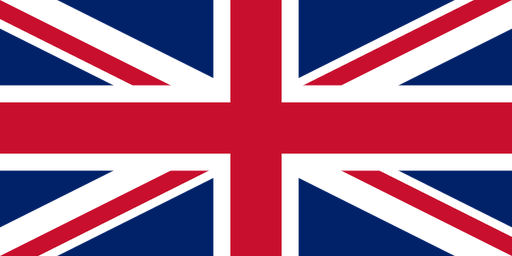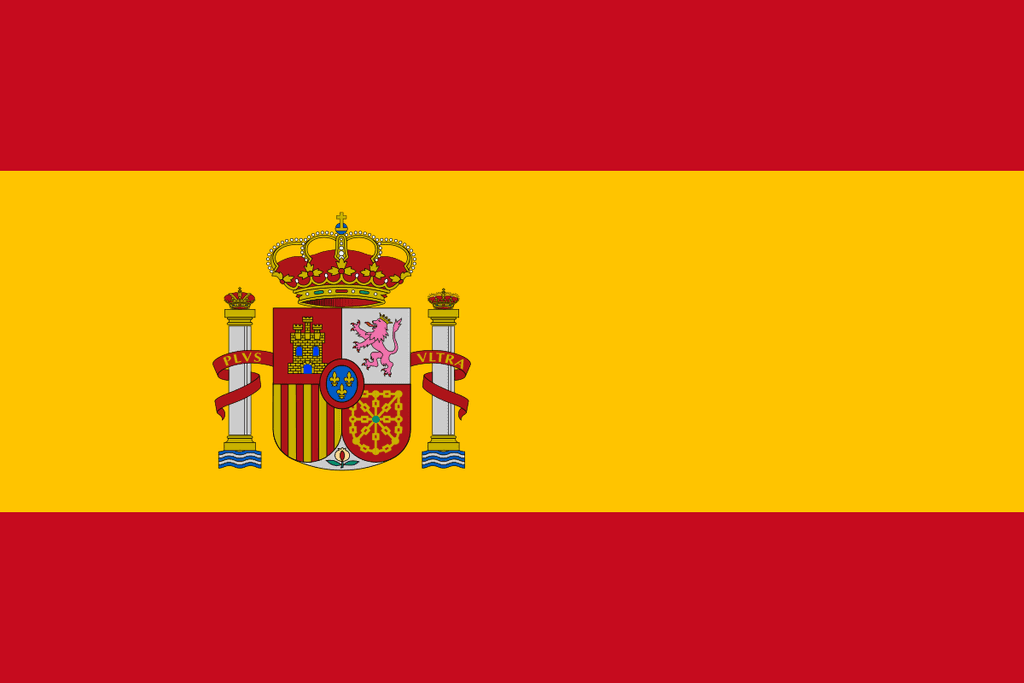

Today’s global climate challenges - deforestation; biodiversity loss; pollution of air, water, and soil; warming temperatures - have their origins in the overuse of fossil fuels, wholesale destruction of forests, and other harmful environmental practices.
The reality is that these practices serve market demands in industrialized countries, including within the European Union (EU).
On the other hand, the practices of Africa’s farmers, or their ancestors, are not routinely mentioned as significant contributors to the climate crisis.
EU lawmakers recognize the EU region’s historical responsibility for the climate crisis, and are implementing regulations, such as the European Union Deforestation Regulation (EUDR), to address it.
It is appropriate for solutions to global climate problems to come from the people who bear primary responsibility for creating those problems.
However, recent criticisms of the EUDR implementation delay, coming from within the EU, fail to recognize the realities of the smallholder farmers who are impacted by this regulation.
Whose reality?
We lead companies that collaborate on EUDR compliance solutions. We are able to trace and support various supply chain initiatives that ensure environmental and ethical conditions are met in production and trade. We have therefore borne extensive witness to the realities of African agriculture.
The smallholder farmers who grow the cocoa, coffee, soy, palm oil, and other commodities that are consumed with pleasure by Europeans and others in industrialized countries, are just trying to make a living, and get by day to day.
Let’s take cocoa as an example. Smallholders across Africa grow cocoa not because it is an ancient indigenous crop or because it is central to their own food systems. Cocoa is neither of those things in Africa.
These millions of women and men are also not growing cocoa because they have no regard for the importance of forests. Anyone who believes that Africa’s smallholders are wantonly destroying forests for the “profitable” business of smallholder agriculture is sadly misinformed.
The reason Africa’s smallholders grow cocoa on such a large scale is because 1) there is a ready market for their crop within the European Union and other industrialized countries; and 2) because growing cocoa provides an opportunity to fulfill their basic needs.
We have also seen, firsthand, that meeting the enormous demands of the EUDR has placed a costly burden on the smallholders producing these commodities.
Becoming EUDR compliant
From our work, we can decisively state that this smallholder production system is not set up to meet data capture and reporting demands for EUDR compliance.
The European Commission has claimed that meeting EUDR data requirements should be easy and cheap for Africa’s farmers.
This is not the case.
Producing and sharing data to demonstrate compliance takes many months and far more resources than any smallholder has. Even the companies that aggregate and market goods produced by smallholders do not typically have the means to meet EUDR compliance requirements.
Very few agribusinesses in Africa are “grant aware,” as we call it, and have the wherewithal to find and secure external funds to implement EUDR compliance solutions.
The rest are still scrambling to figure out how to resource their compliance journey, and to implement cost recovery mechanisms if – and that is a big IF – they can become compliant without external support (especially from the EU).
Whose responsibility?
In our estimation, recent calls from within the EU that demanded an on-schedule EUDR implementation have not taken this reality into account.
It’s easy to express the position that the sooner the EUDR compliance requirements are implemented, the better for forests, the better for the world.
We agree, philosophically.
We disagree, practically.
Compliance according to the original EUDR schedule would have placed (and has already placed) an undue burden on Africa’s smallholders and commodity aggregators.
In our experience, as well that of colleagues who work on the ground in smallholder communities, farmers are confused, stressed, and in some cases panicked by the prospect of losing access to European markets.
They have received no clear compliance guidance, no technical assistance, and no reassurance of their continued livelihood, from the European Union. Some have shared that they feel presumed guilty of deforestation, and are being forced to prove themselves innocent.
Africa’s smallholders do not need these additional burdens in their already stressful working lives.
What can we do?
What farmers across Africa need right now to achieve EUDR compliance is resources. They need funds. They need technical support.
The promised EU support for implementation has not been forthcoming. Operators and traders who were on the cusp of implementing a compliance solution have taken the delay as a reason to put off actions for months.
We therefore make our own call, which is to anyone demanding immediate EUDR implementation.
We urge you to see the compliance journey from the perspective of Africa’s smallholders.
If you can take that perspective, then why not dedicate your efforts to helping smallholders secure resources to implement compliance solutions?
If enough of us commit to “seeing like a smallholder,” we believe the journey towards zero-deforestation supply chains will continue as swiftly as it possibly can.




